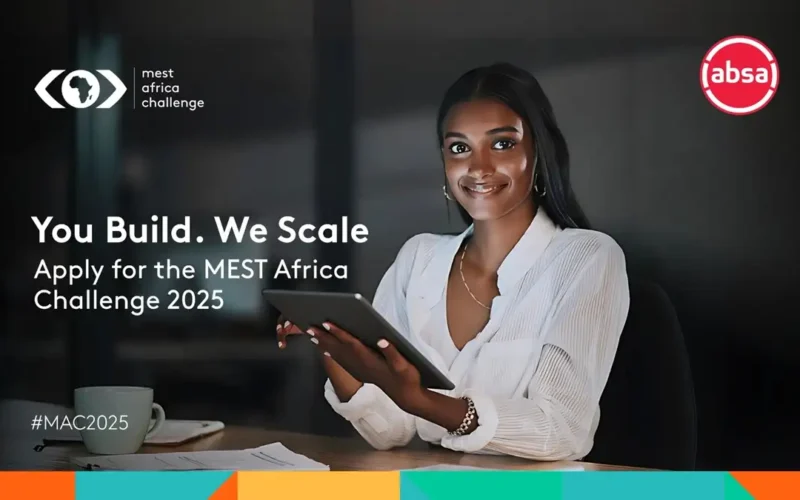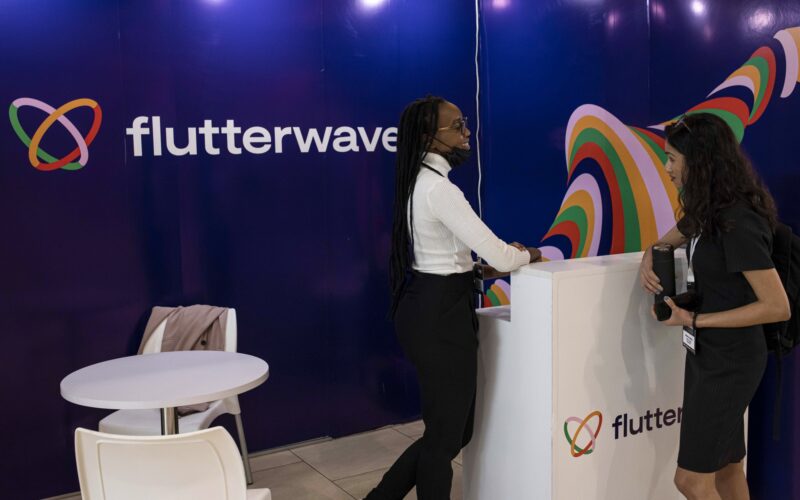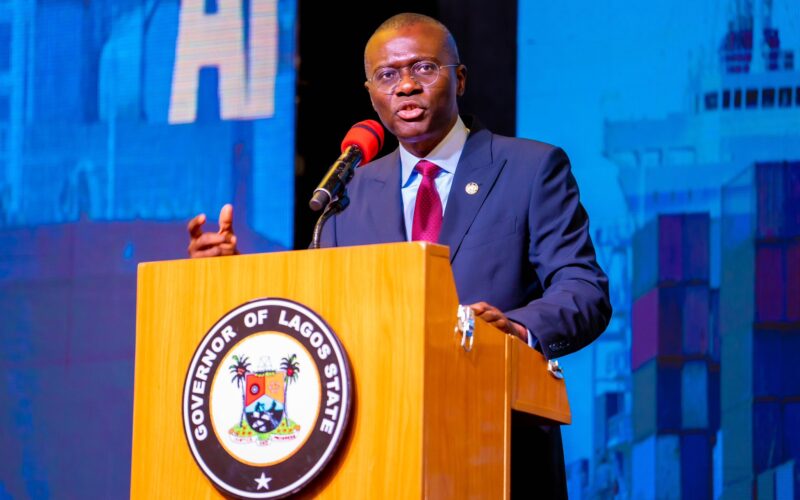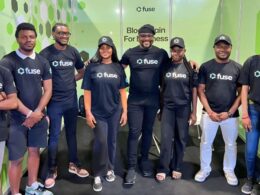The Meltwater Entrepreneurial School of Technology (MEST) has announced the opening of applications for the seventh edition of the MEST Africa Challenge (MAC), the pan-African pitch competition designed to spotlight and support early-stage startups. This year, the challenge is zeroing in on one of the continent’s most dynamic sectors — fintech.
Founded in Ghana in 2008 by serial entrepreneur Jorn Lyseggen, MEST has established itself as a cornerstone of Africa’s startup ecosystem. The programme combines training, seed funding, and incubation to equip entrepreneurs with the skills and resources needed to build globally competitive companies. Over the years, MEST has trained hundreds of young Africans in software development, business, and communications, while investing in dozens of startups spanning multiple industries.
About the Challenge
The MEST Africa Challenge has grown into one of the region’s most recognized pitch competitions, attracting early-stage founders from across the continent. Winners receive US$50,000 in equity funding, alongside strategic support and resources. Now entering its seventh year, the challenge has evolved to focus on specific sectors that represent Africa’s most urgent opportunities and challenges.
For the 2025 edition, fintech takes center stage. Startups building solutions in digital payments, financial inclusion, insurtech, and value chain financing are encouraged to apply. This focus reflects the growing importance of fintech in Africa, where startups are driving innovations that expand access to financial services, lower transaction costs, and create new models of digital trust and inclusion.
Who Can Apply?
Applications are open to startups operating in Botswana, Uganda, Mauritius, Seychelles, Kenya, Mozambique, Zambia, South Africa, and Ghana. Selected companies will not only compete for funding but also gain access to:
- Equity investment of US$50,000
- Mentorship and coaching from seasoned entrepreneurs and industry experts
- Marketing and PR services to amplify brand visibility
- Platforms and co-working spaces to support operational scaling
- Networking opportunities with investors, ecosystem leaders, and peers
Why Fintech, Why Now?
MEST’s decision to focus the 2025 challenge on fintech underscores the sector’s explosive growth across Africa. According to Techmoonshot’s research on African venture funding, fintech continues to dominate investment activity on the continent, accounting for more than 40% of all capital raised by African startups in 2024.
Solutions around payments, credit access, insurance technology, and supply chain financing are proving to be game changers in economies where traditional banking infrastructure often excludes millions of individuals and small businesses. By spotlighting fintech innovators, MEST aims to accelerate the adoption of technologies that can power financial inclusion at scale.
Ohene-Botchway. Cofounder of SaYeTech 2024 Winner
“Winning the MEST Africa Challenge changed everything for us. The funding was crucial, but the mentorship and connections opened doors we couldn’t have imagined,” said [insert past winner], whose startup has since expanded into three markets.
Building on a Strong Legacy
Since its inception, MEST has built a reputation for identifying promising founders and backing them with not just capital, but also the long-term support required to thrive in Africa’s challenging business environments. Alumni from previous editions of the MEST Africa Challenge have gone on to raise additional funding, expand into multiple markets, and create solutions that directly impact lives across the continent.
By sharpening the focus to a single sector for the second year running, MEST is signaling a more deliberate approach: not just celebrating innovation broadly, but investing deeply in areas with transformative potential for Africa’s development.
How to Apply
Fintech startups ready to take their ideas to the next level can submit their applications via the MEST Africa website. The deadline for applications is yet to be announced, but early submissions are encouraged given the competitive nature of the programme.












